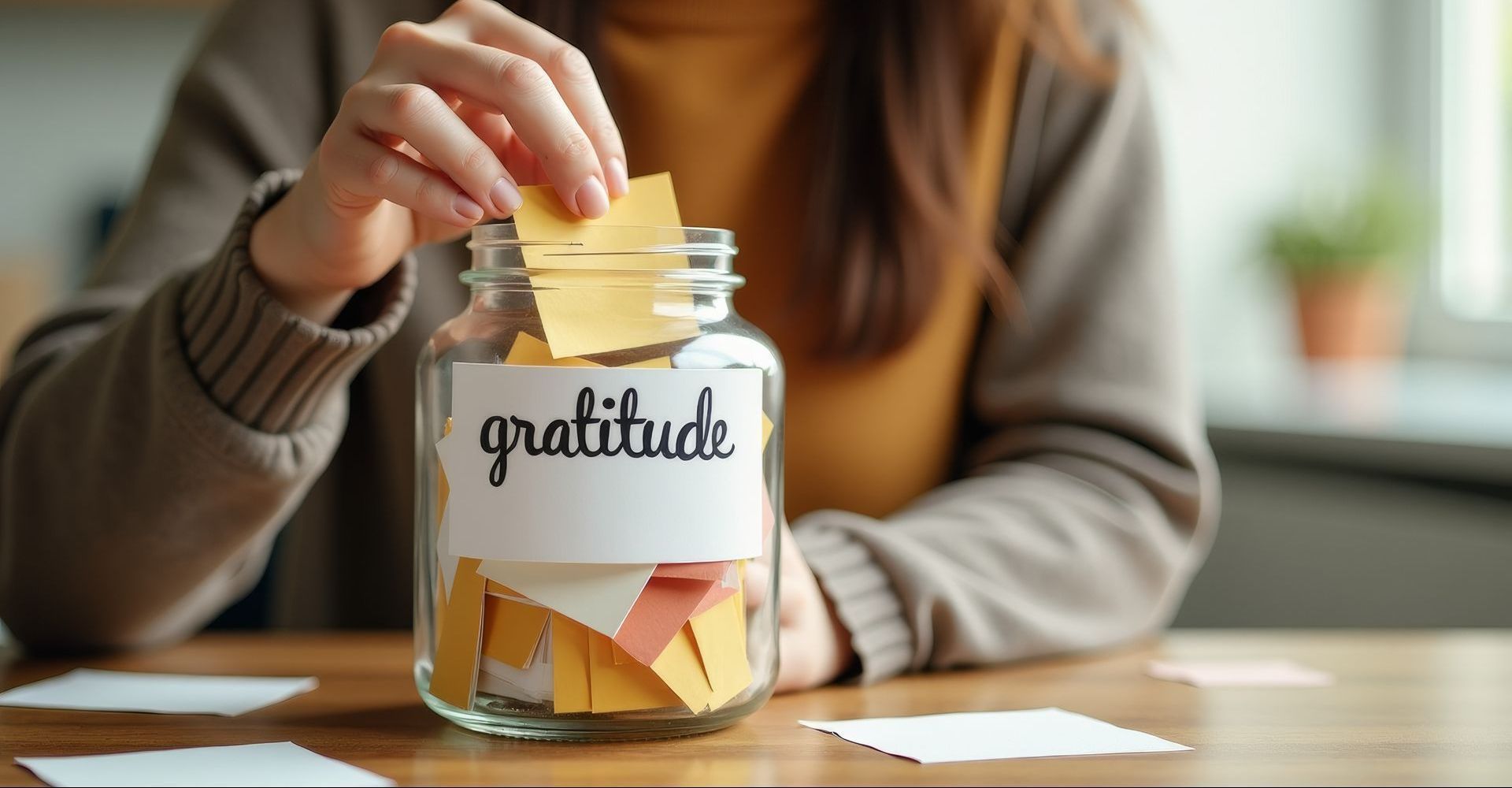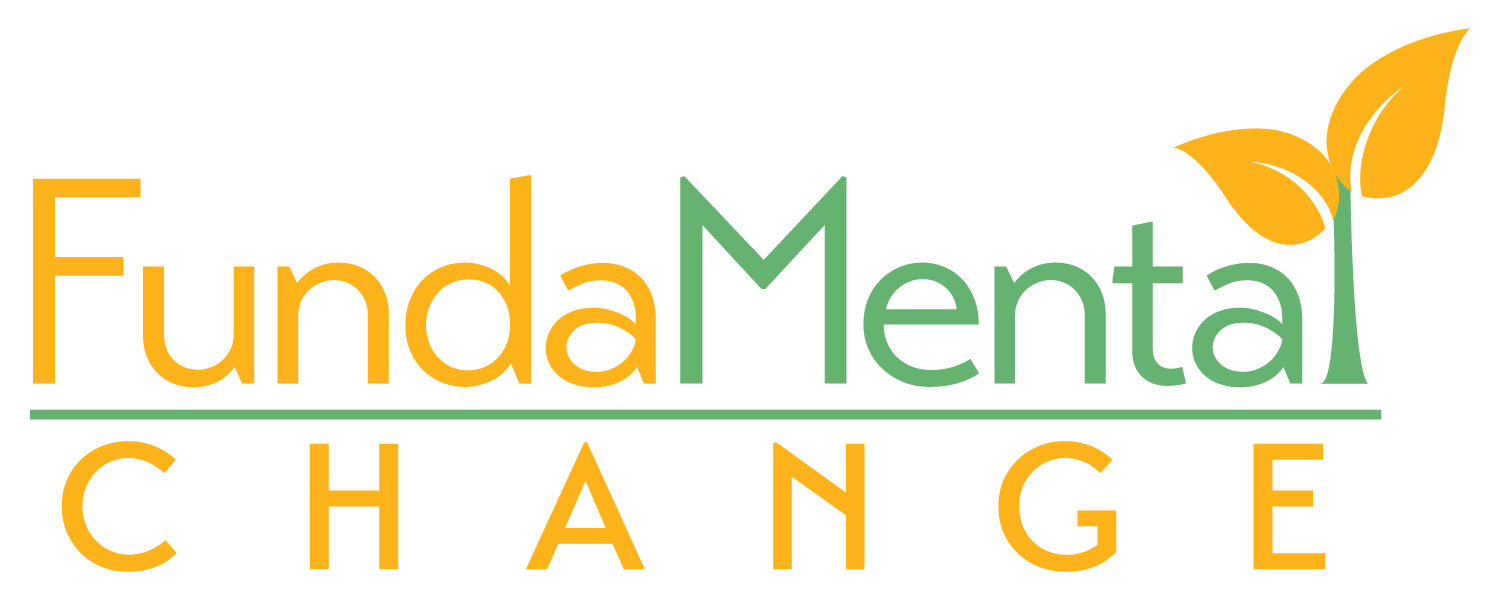7 Everyday Habits to Boost Your Mental Well-Being
By • April 15, 2025
We often get so caught up in staying physically healthy that we overlook how important mental health is, too. A well-rounded mental health will ultimately affect how you cope with stress, relate to others, and make choices.
But, let’s face it: life can throw all sorts of challenges our way and sometimes feel overwhelming. But there are simple, small habits you can start doing every day to help you feel a lot better mentally. Here are a few surprising things that can make a difference.
1. Journaling

In this digital-forward world, writing down your thoughts is a great way to slow down and process your emotions. It helps you break down overwhelming thoughts and manage your emotions more effectively. It also encourages introspection—helping you to see thought patterns, behaviors, and feelings.
By putting your thoughts into words, you can often lessen their grip on your mind and create a better sense of mental clarity.
A study found that expressive writing can help reduce depressive symptoms in people with Major Depressive Disorder (MDD). In fact, participants saw significant improvements after just five days of journaling.
Set a time and place to journal—find a quiet spot where you can focus, even if it’s just for 10-15 minutes. You don’t need to write a lot at first; start with just a few sentences or use a prompt. Focus on how you feel, what’s on your mind, or even something you’re grateful for.
Use simple prompts like:
- "How am I feeling today?"
- "What’s something I’m grateful for?"
- "What did I learn today?"
- "What’s something that’s been on my mind lately?"
2. Do a digital detox

You might not notice how consuming so much content on social media can take a toll on you. We’re constantly processing what we see, comparing ourselves to others, and sometimes, we feel like we’re missing out. This can lead to feelings of stress, anxiety, or even lower self-esteem.
So, even though it may feel harmless, it can actually be affecting in ways your don’t immediately notice.
Set aside at least one hour before bed to disconnect from digital devices. This helps decrease exposure to blue light, which is another factor of disrupted sleep. Doing a detox can also reduce mental clutter, allowing your mind to unwind and relax more.
3. Walking

Walking has a multitude of benefits for both physical and mental health. Walking lowers cortisol levels (the stress hormone) and boosts endorphins, which help improve your mood. It also improves blood flow to the brain, which further enhances focus, clarity, and memory.
When done in nature, walking encourages mindfulness and reduces mental fatigue.
4. Pay attention to what you eat

You are what you eat, as they say. What you consume also affects your brain function and mood. A diet high in processed foods, sugar, and unhealthy fats may make you feel more sluggish, irritable, and even anxious. On the other hand, eating a balanced diet rich in whole foods—like fruits, vegetables, lean proteins, and healthy fats—can help you feel more energized.
But that’s not to say you shouldn’t satisfy your craving or deprive yourself of your favorite sweet treat every now and then—moderation is key! Be mindful of what you eat and how it makes you feel.
Staying hydrated is just as important as dehydration can lead to brain fog and fatigue.
5. Connect with others
We are all social beings. When life gets too busy, it’s easy to forget about relations. But, even small interactions with friends and family can make a huge difference. Take time to reach out to a friend, a family member, or a colleague. A simple text, call, or meet-up can lift your spirits more than you’d expect!
If you’re feeling a little isolated, consider joining something new where you can meet like-minded people like a book club, fitness class, or volunteering.
6. Deep breathing exercises

You’d be surprised at how something as simple as breathing deeply can instantly help you feel more relaxed and grounded. Shallow breathing, often caused by stress and anxiety, can make you feel tense and on edge. Deep breathing, however, activates the parasympathetic nervous system, which helps reduce stress and promote relaxation.
One simple technique is the 4-7-8 breathing method:
- Inhale through your nose for four seconds.
- Hold your breath for seven seconds.
- Exhale slowly through your mouth for eight seconds.
7. Practice gratitude

It’s easy to get caught up in what’s going wrong in life, but shifting your focus to what you’re grateful for can reframe your mindset. Studies show that practicing gratitude can reduce stress, improve sleep, and even enhance overall happiness.
Start small—each day, write down or mentally note three things you’re grateful for. It could be something as simple as a good cup of coffee, a kind gesture from a stranger, or a beautiful sunset. Over time, this habit can help train your brain to focus on the positives in life
You're Not Alone—Support is Here
Mental health can be tough to navigate, whether you’re struggling yourself or supporting someone who is. But you don’t have to do it alone. FundaMental Change is here to connect you with real, local resources that can help.
We’ve carefully curated a list of mental health services, crisis hotlines, therapy options, and community support groups tailored for San Fernando Valley residents.
No matter what you’re going through, there are people who care and want to help. Take the first step—reach out, explore your options, and know that better days are ahead.
Take Action for Mental Health—Support FundaMental Change
Mental health advocacy starts with all of us. Whether you’re looking to raise awareness, support individuals in need, or help eliminate the stigma surrounding mental illness, you can make a difference.

